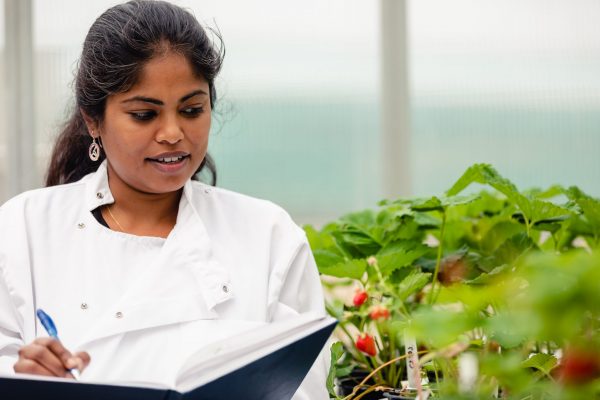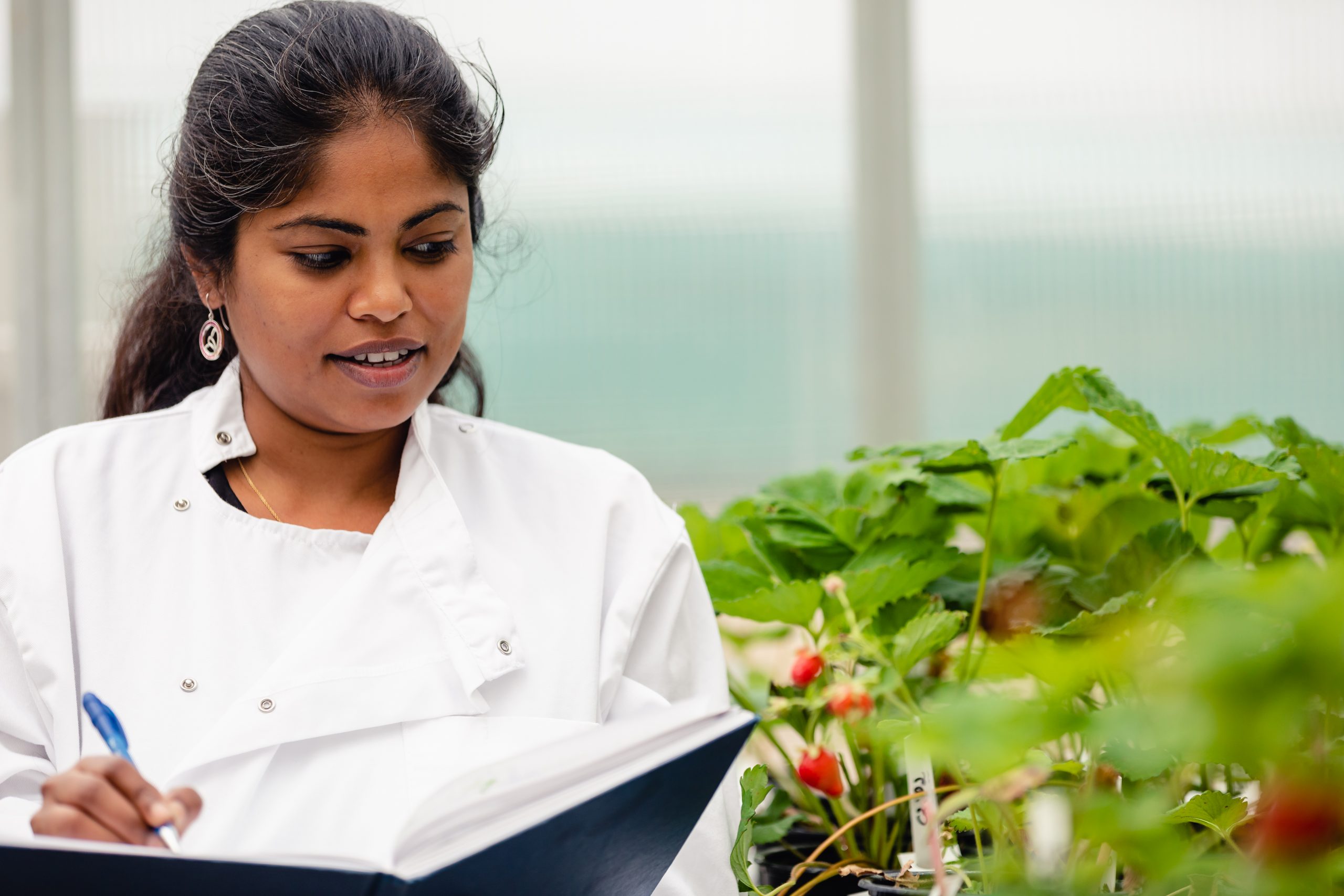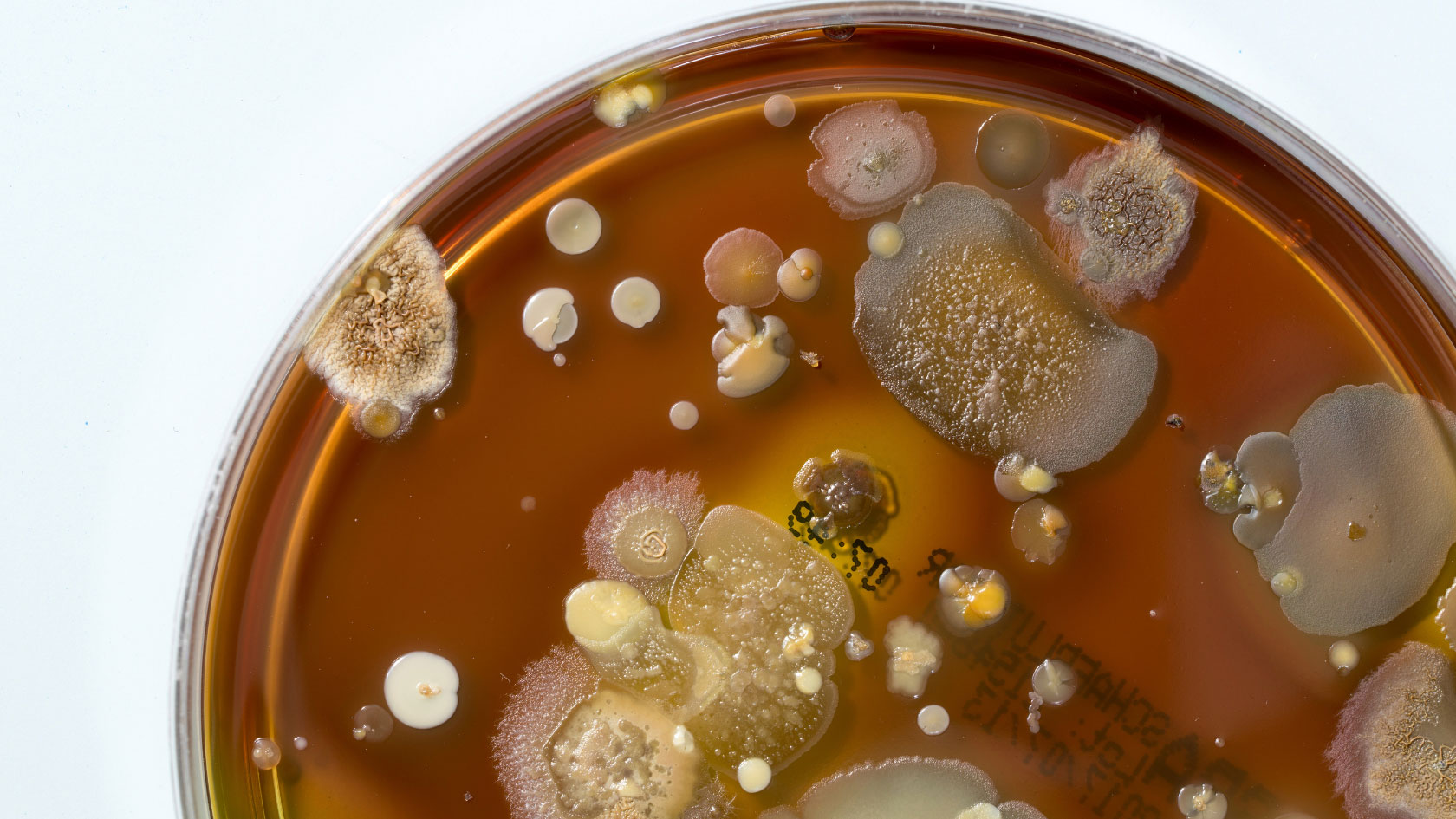
FA Bio are studying soil microbial profiles to discover superior biocontrol candidates to reduce the use of chemicals in agriculture
In 2020, the European Commission adopted a package of proposals to make the EU’s climate, energy, land use, transport and taxation policies fit for reducing net greenhouse gas emissions by at least 55% by 2030. Achieving these emission reductions in the next decade is crucial to Europe becoming the world’s first climate-neutral continent by 2050 and making the European Green Deal a reality. The European Green Deal has goals extending to many different sectors, including construction, biodiversity, energy, transport and food.
In the European Green Deal framework, the European Commission proposed an overhaul of the European food system through the “Farm to Fork” (F2F) strategy. This strategy aims to position Europe as the global pioneer of a food system that is beneficial to the climate, biodiversity and health.
Two of the key targets from the F2F strategy are to reduce the use of chemical pesticides by 50% and the use of fertilisers by 20%, by the year 2030. Wider adoption of biological alternatives to pesticides or biocontrol methods will be a key enabler for this. The main advantages of biocontrol use in agriculture are soil contamination reduction, biodiversity enhancement, and ultimately soil health improvement.
Biocontrol uses living organisms or natural substances to prevent or reduce damage and diseases caused by harmful organisms. However, as some biocontrol relies on living organisms, it can seem unreliable compared to chemical control. For this reason, our team at FA Bio studies soil microbial profiles and identifies successful microbes as biocontrol candidates that are context-specific.
Unlike chemical pesticides, biocontrol is designed as a targeted measure and has little harmful impact on non-targeted fauna and flora. Therefore, biocontrol benefits the natural biodiversity or active soil life and enables a stronger soil ecosystem. Biocontrol will also contribute to decreased levels of chemical contamination in soils, as contaminated soil results from the recurrent overuse of chemical products.
As well as on our environmental health, the use of biocontrol has positive impacts on human health. An evident benefit is at the production site, as farmers and field workers do not handle toxic products that would have been applied on plants. Also, biological control does not generate toxic residues that would have entered the food production process.
We believe microbial biocontrol solutions are key enablers of The Green Deal for the Farm to Fork objectives. Furthermore, biological control methods have a positive impact on soil health and biodiversity. However, the current legislature frameworks and farm incentives must catch up to facilitate the transference of research and innovation into farm applications.
The biological farming revolution is on our doorstep, and key agriculture stakeholders are starting to clear the entryway. FA-Bio’s team are ready to enable the European Green Deal goals.
Ángela de Manzanos Guinot, PhD, CEO and Co-Founder of FA Bio



